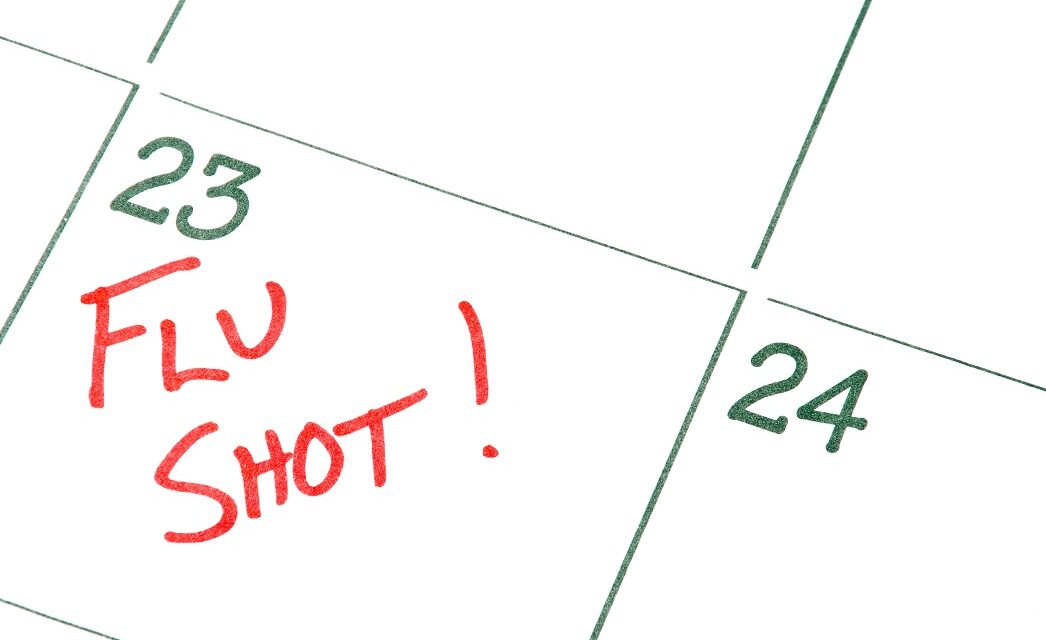Staying Healthy This Winter: Updated Immunization Recommendations

by Annette Pinder
As we move into another Western New York winter, family physicians are reminding everyone that staying healthy takes more than warm coats and good habits — it also means keeping up to date on vaccinations. The American Academy of Family Physicians (AAFP) recently reaffirmed its seasonal immunization recommendations to help protect adults and children from serious illnesses that tend to spread more easily during colder months.
Flu Season: Annual Vaccination Is Key.
The flu remains one of the most common and contagious respiratory illnesses during the winter. The AAFP urges everyone six months and older to get a flu shot every year. This includes people who are young, healthy, or rarely get sick, because even mild cases can spread to others who are more vulnerable. Flu vaccines are updated annually to match the strains expected to circulate each season, and several options are available, including high-dose or adjuvanted versions that offer extra protection for adults over 65.
COVID-19 and Ongoing Protection.
The AAFP continues to recommend COVID-19 vaccination for everyone 18 and older, as well as for children six months and up, using the most current vaccine formulations available. While federal guidelines have narrowed eligibility for some boosters, the AAFP adopts a broader approach, encouraging family physicians to discuss vaccination with all patients based on age, health status, and risk factors. Vaccination during pregnancy is also recommended to protect both mothers and newborns, and is considered safe during all trimesters and while breastfeeding.
New RSV Vaccines for Older Adults and Infants.
Respiratory Syncytial Virus (RSV) has made headlines this year with the introduction of new vaccines that significantly reduce hospitalizations. The AAFP recommends a one-time RSV vaccine for adults aged 75 and older, and for adults ages 50 to 74 with underlying medical conditions such as chronic heart or lung disease. Pregnant individuals are also advised to receive an RSV vaccine during weeks 32 to 36 of pregnancy, ideally between September and January, to help pass protective antibodies to their babies. For infants whose mothers did not receive the RSV vaccine, pediatricians may recommend a preventive monoclonal antibody treatment to protect them during their first winter season.
Don’t Overlook Other Important Vaccines.
In addition to these seasonal vaccines, the AAFP reminds everyone to stay current on their routine immunizations, including tetanus, diphtheria, and pertussis (Tdap) boosters every ten years, along with pneumococcal and shingles vaccines for older adults and those with chronic conditions. These vaccines offer protection throughout the year but are especially vital when colder weather and indoor gatherings increase the risk of spreading respiratory infections.
A Preventive Approach to Health.
Local family physicians highlight that vaccines are not only safe but also among the most effective tools in modern medicine for preventing illness and safeguarding communities. As Dr. Steven F. Piontek, a family physician and member of the AAFP, states, “Vaccinations help our bodies build defenses before we encounter these viruses — it’s prevention at its best.”
Consult with your primary care provider to determine which vaccines are right for you, or visit https://tinyurl.com/ekvwfjxb.









